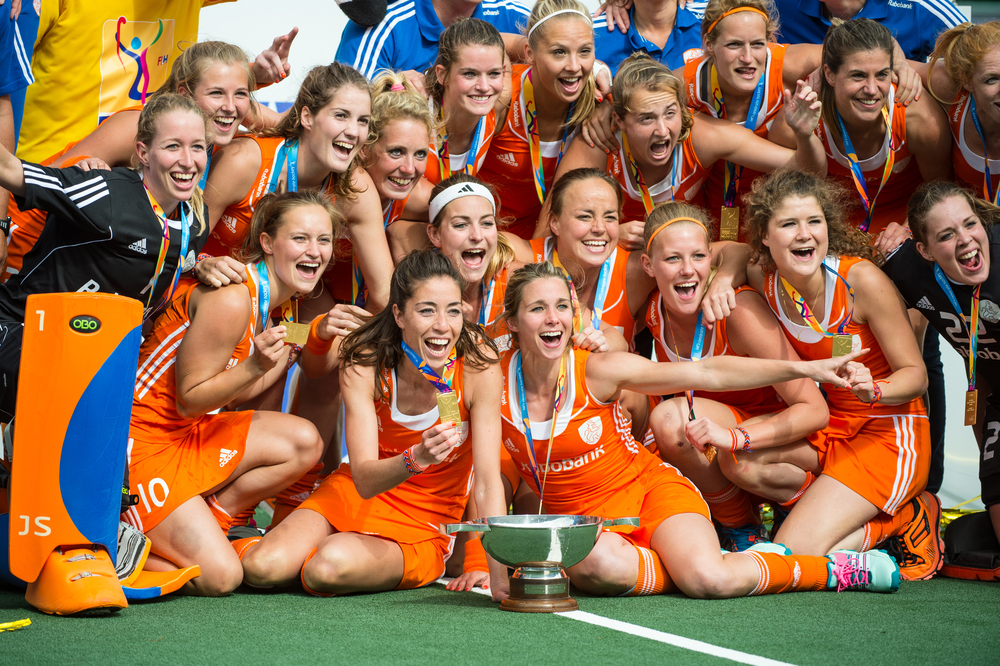Competitive sport builds girls’ confidence and resilience, that was the conclusion of a conference recently held by 24 team leaders of 24 girl high schools and two academies gathered in – Girls Day School Trust (GDST) in Great Britain.
Helen Fraser, chief executive of GDST, pointed out that sports can help girls cope with failure and therefore it is very important to point out that physical exercise is not reserved only for “sporty ones”. It is especially worrying that girls are far less active than boys in physical sense, which is documented by recent research in Britain. “Girls who are in schools which focus solely on academic achievement can experience success after success. However, these children may never face real obstacles in life and may never learn how to cope with them and later recover”, Ms Fraser told BBC News and added “The experience of losing a hockey game three-nil and carrying on to another match builds resilience”.
The GDST draws on research from the Women’s Sport and Fitness Foundation which suggests only a quarter of girls in England meet current recommended levels of physical activity each week, with the proportion taking part in regular sport falling steeply after the age of 10. One in five girls do no physical activity at all, twice the proportion of boys, the research suggests. Ms Fraser says that according to another research, more than 80% of senior women business leaders played organised sports while growing up. As research suggests, great number of them believes sport made them more disciplined, competitive in their careers and resilient. She cites the example of former US Secretary of State Condoleezza Rice, once a competitive figure skater and tennis player, while the head of the International Monetary Fund, Christine Lagarde, was in the French national synchronized swimming team. Olympic medallists like Jessica Ennis, Katherine Grainger and Nicola Adams are excellent role models for young women, but women’s sport does not get enough of media coverage and does not have great social support to get developed and promoted more.
What do you think about this? Do you agree?
Source Featured photo: Corepics VOF / Shutterstock.com

















